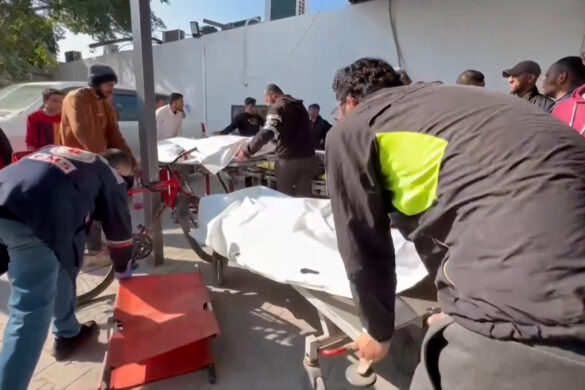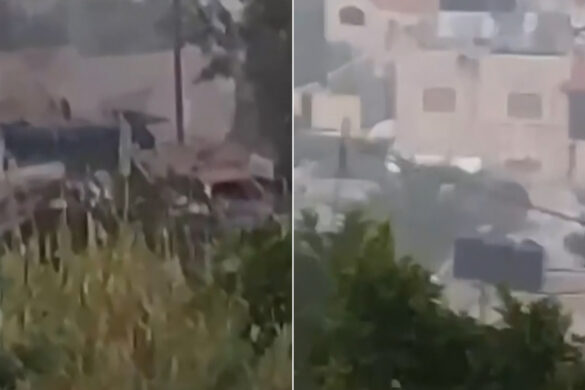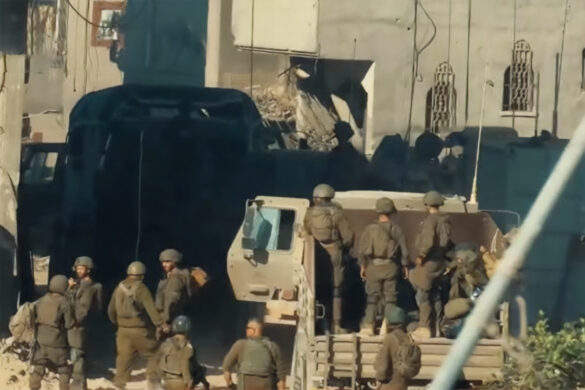International medical and humanitarian organizations called for an end to the war on the Gaza Strip and to facilitate the process of delivering aid to the population without obstacles, stressing that there is no safe place for them in light of the continuing air and ground bombardment throughout the Strip, especially the southern city of Rafah, which is crowded with refugees.
For its part, Doctors Without Borders said that civilians are being slaughtered in Gaza and pushed to areas they were told were safe, and they are only subjected to uninterrupted aerial bombardment and violent fighting.
The organization stressed that Israel must end its campaign of death and destruction in Gaza and stop its attack on Rafah.
She pointed out that after 8 months of war, there is no longer a single health care facility in Gaza capable of dealing with mass casualties, and hundreds of thousands of civilians are exposed to brutal collective punishment.
The organization also pointed out that the bombing and severe ban on relief services are hampering its work, and that the movement of humanitarian workers in the northern Gaza Strip has become almost impossible.
She said that the attack on Rafah caused a further reduction in the provision and accessibility of health care.
For its part, the United Nations Children’s Fund (UNICEF) said that the population in Gaza does not receive enough aid or fuel and there is no safe place in the Strip.
She added that aid routes are closed or difficult to access due to hostilities or logistical complications.
Red Cross and Red Crescent
In turn, the International Federation of Red Cross and Red Crescent Societies called on Wednesday for a ceasefire and unhindered access of humanitarian aid to the Gaza Strip.
“We are in dire need of a political solution that allows us to reach a ceasefire to deliver aid,” Kate Forbes, president of the International Federation of Red Cross and Red Crescent Societies, said in an interview in the Philippine capital, Manila, with Reuters.
Forbes – who in December became the second woman to hold the highest position in the world’s largest humanitarian network – said, “We are ready to make a difference. We have to be able to get there, and in order for us to get there there must be a ceasefire.”
She added that she saw the “terrible” situation in Rafah during her visit last February, months before Israel launched a military attack on the city, and it was sheltering more than a million Palestinians who were displaced as a result of attacks on other areas of the Strip.
She continued, “There was not enough housing, there was no water, and there were not enough sanitation toilets. We had a hospital without equipment, and unfortunately what I feared happened, which is that there would not be enough food.”
“I call on the governments of all parties to negotiate a ceasefire so we can get aid in,” Forbes said.
She added, “My job is to make sure that when (the ceasefire) happens, we can provide the necessary assistance, so they have to do their job so I can do my job.”




